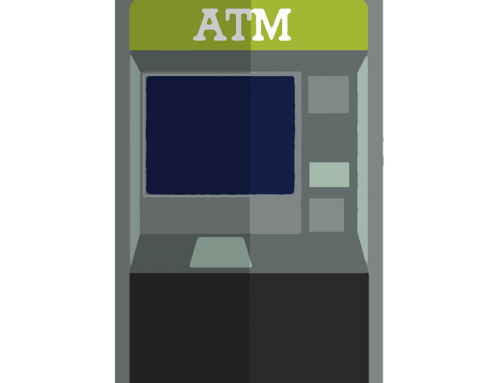Recently, a bench warrant was issued for a defendant who failed to appear in court to face allegations he shot and killed his dog. The defendant, C. R. Nard, 57, was supposed to have appeared in San Fernando Superior Court on Wednesday, October 30th, but failed to do so.
The charges Nard is facing include one felony count of cruelty to an animal with personal use of a firearm and another felony count of discharge of a firearm with gross negligence. All-told, the defendant faces up to 13 years in prison.
What is a Bench Warrant?
A bench warrant is a warrant issued by a judge when a person violates court rules and is in contempt of court (not showing up for court is a common cause for the issuing of bench warrants). Once issued, the warrant gives police officers the power to arrest a suspect and bring them to court to face their contempt charges.
Bench warrants differ from arrest warrants in that they are only issued when someone is found to be in contempt of court. Arrest warrants, on the other hand, are issued when someone is suspected of committing a crime.
Criminal cases are not the only ones where bench warrants are used, and judges often issue them in civil cases if someone
Fails to pay a fine
Violates probation requirements
Failing to appear at a court-ordered educational program
Committing a crime while out on bail
Otherwise failing to comply with the conditions of bail
Once arrested and brought before the court, the defendant will have to answer to their charges of contempt. After that, court activities will proceed as normal. The defendant must still face their day in court for the original charges.
Often, arrests stemming from bench warrants come from routine traffic stops or other encounters with police.








Leave A Comment